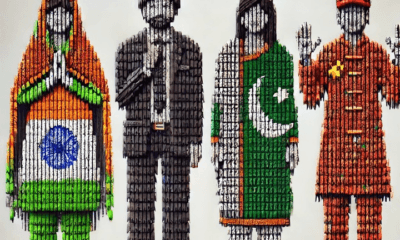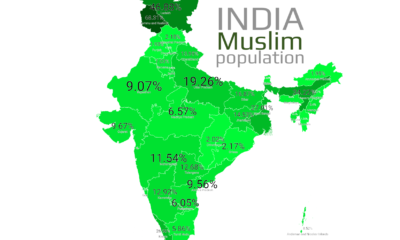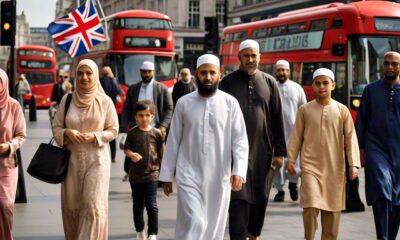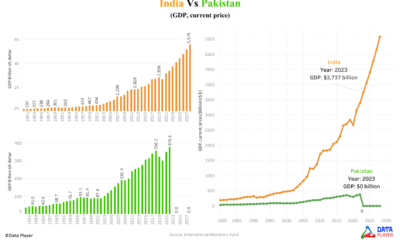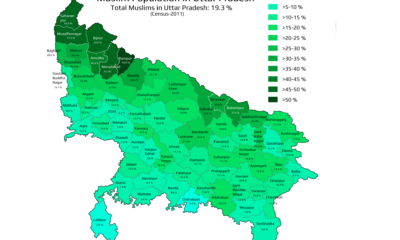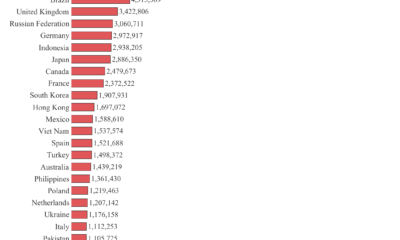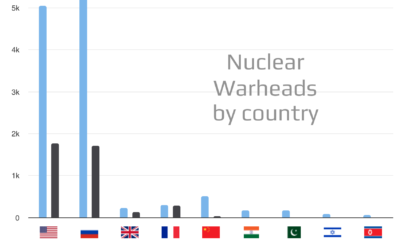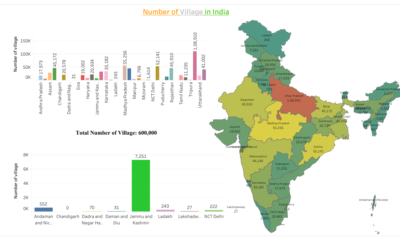Politics
Who is running in the 2024 U.S. presidential election?
Published
5 months agoon
The U.S. presidential election happens every four years and helps decide who will be the President and Vice President of the United States. It is an important part of democracy in the U.S., where people(US citizens) can vote for the candidates they like the most.
The 2024 election will be held on Tuesday, November 5, 2024. The candidate who wins will be US President for four years in the white house, starting in January 2025.
In July, about 100 days before the election, the 2024 presidential race changed a lot. On July 21, President Joe Biden surprised everyone by saying he would not run for a second term. Soon after, President Biden supported Vice President Kamala Harris. She then posted on social media that she planned to “earn and win this nomination.”
After an attempt on his life at a rally in Pennsylvania, former President Donald Trump formally accepted the GOP nomination at the Republican National Convention on July 18.
The following are the list of running candidates of US presidential election 2024.
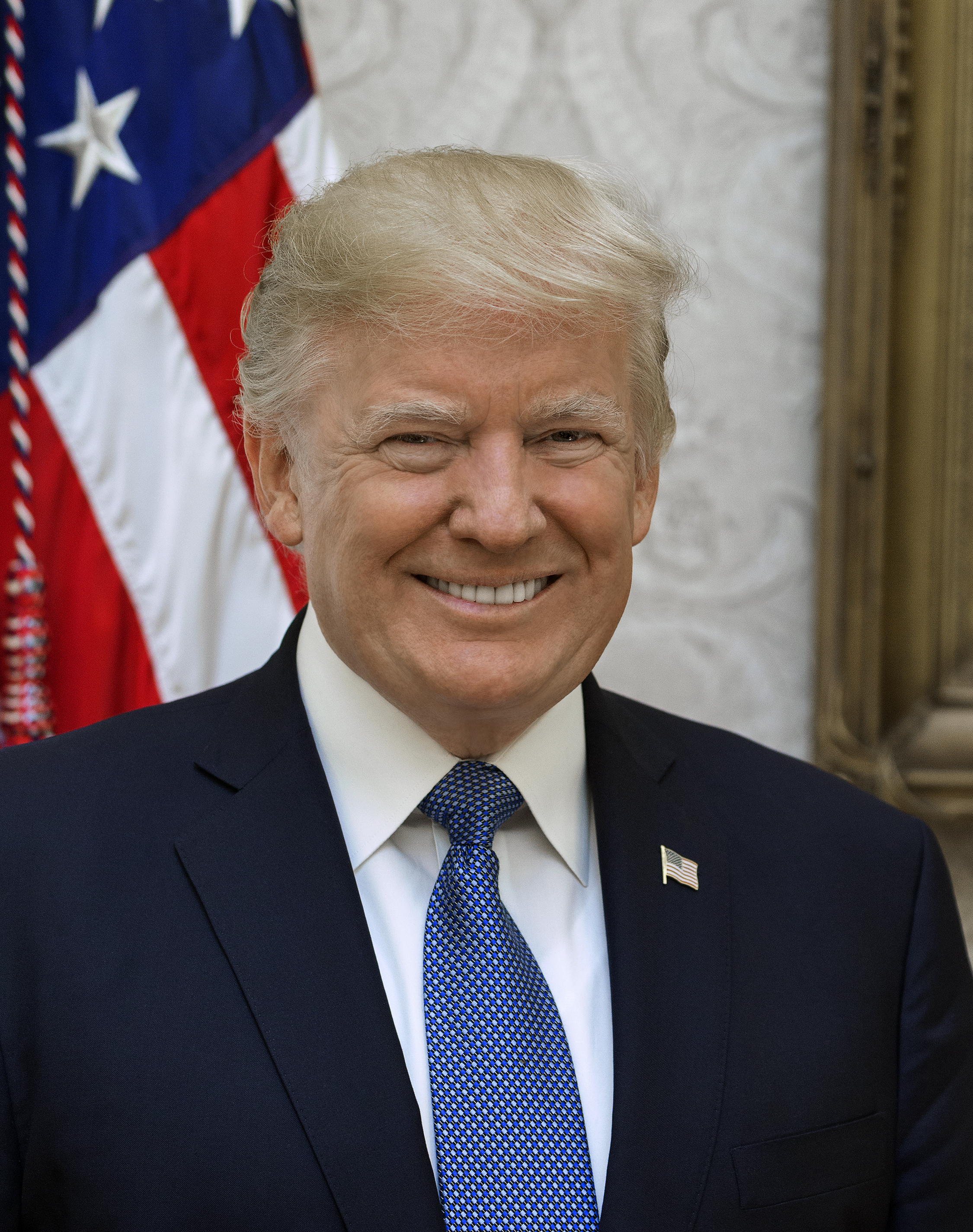
Donald Trump
Age: 77
Party: Republican
Current Role: Former President
Former Roles: 45th President of the United States
Announcement Date: June 16, 2015
Religion: Christianity
Born City: Queens, New York City
Ethnicity: White

Kamala Harris
Age: 59
Party: Democratic
Current Role: Vice President of the United States
Former Roles: U.S. Senator, Attorney General of California
Announcement Date: January 21, 2019
Religion: Christianity
Born City: Oakland, California
Ethnicity: African-American, Indian-American

Jill Stein
Age: 74
Party: Green
Current Role: Environmental Activist
Former Roles: 2012 and 2016 Green Party Presidential Candidate
Announcement Date: October 24, 2011
Religion: Judaism
Born City: Chicago, Illinois
Ethnicity: White

Robert F. Kennedy Jr.
Age: 70
Party: Democratic
Current Role: Environmental Lawyer
Former Roles: 2024 Democratic Presidential Candidate
Announcement Date: April 19, 2023
Religion: Christianity
Born City: Washington, D.C.
Ethnicity: White
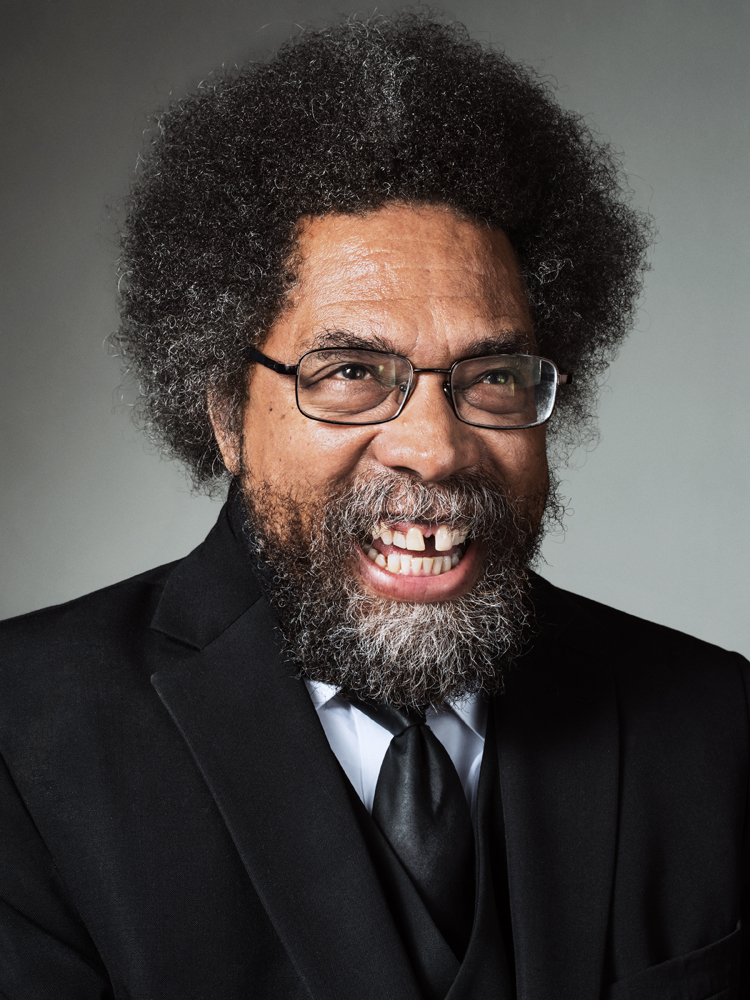
Cornel West
Age: 71
Party: Democratic
Current Role: Professor and Public Intellectual
Former Roles: 2024 Democratic Presidential Candidate
Announcement Date: April 24, 2024
Religion: Christianity
Born City: Tulsa, Oklahoma
Ethnicity: African-American
You may like


The Rise of Asian Ethnic groups in 21st Century in the United Kingdom


Mapped: What is Muslim Population in India by its State | Census 2011


Mapped: Average Working Hours by European Countries in 2024
Religious Demographics of London by Area | Constituency 2021


Muslim Population in London 2021 by Constituency: A Visual Guide
Forbes: How Many Billionaires Exist Worldwide in 2024?

The Lok Sabha, also known as the lower house of the parliament, has 543 parliamentary constituencies across India. Each constituency elects one member to represent them in the Lower House of Parliament.
Uttar Pradesh has the highest number of constituencies with a total of 80. Among these, 17 seats are reserved for the Scheduled Castes.
After Uttar Pradesh, Maharashtra has the second-highest number of constituencies, totaling 48 in the Lok Sabha. Among these, 5 seats are reserved for Scheduled Castes and 4 for Scheduled Tribes.
Politics
Insights Unveiled: Analysis of Electoral Bond Denomination | Complete List of Donors and Parties
Published
10 months agoon
April 7, 2024
The electoral bond serves as a funding method for Indian political parties and was initially introduced in early 2017.
On February 15, 2024, the Supreme Court of India made a landmark decision by declaring electoral bonds unconstitutional. This ruling signifies that electoral bonds, which were previously used as a method of funding for political parties, were found to be in violation of the constitution. This decision has significant implications for the political landscape of India, potentially reshaping the way political campaigns are financed and the transparency of political funding.
In this article, we will present comprehensive data of electoral bonds, detailing on how much donations were made to Indian political parties such as BJP, Congress, Aam Aadmi Party, and others.
ELECTORAL BOND DATA SHARED BY STATE BANK OF INDIA
Amount Encashed by following list of Indian political parties
| Name of the Political Party | Amount Encashed (in crore) | Percentage |
|---|---|---|
| BHARTIYA JANTA PARTY | ₹60,605.11 crore | 47.46% |
| ALL INDIA TRINAMOOL CONGRESS | ₹16,095.31 crore | 12.60% |
| PRESIDENT, ALL INDIA CONGRESS COMMITTEE | ₹14,218.66 crore | 11.14% |
| BHARAT RASHTRA SAMITHI | ₹12,147.10 crore | 9.51% |
| BIJU JANATA DAL | ₹7,755.00 crore | 6.07% |
| DMK PARTY IN PARLIAMENT | ₹6,390.00 crore | 5.00% |
| YSR CONGRESS PARTY (YUVAJANA SRAMIKA R) | ₹3,370.00 crore | 2.64% |
| TELUGU DESAM PARTY | ₹2,188.80 crore | 1.71% |
| SHIVSENA (POLITICAL PARTY) | ₹1,583.81 crore | 1.24% |
| RASTRIYA JANTA DAL | ₹725.00 crore | 0.57% |
| AAM AADMI PARTY | ₹654.50 crore | 0.51% |
| JANATA DAL ( SECULAR ) | ₹435.00 crore | 0.34% |
| SIKKIM KRANTIKARI MORCHA | ₹365.00 crore | 0.29% |
| NATIONALIST CONGRESS PARTY PARLIAMENT OF | ₹305.00 crore | 0.24% |
| JANASENA PARTY | ₹210.00 crore | 0.16% |
| ADYAKSHA SAMAJVADI PARTY | ₹140.50 crore | 0.11% |
| BIHAR PRADESH JANTA DAL(UNITED) | ₹140.00 crore | 0.11% |
| JHARKHAND MUKTI MORCHA | ₹135.00 crore | 0.11% |
| SHIROMANI AKALI DAL | ₹72.60 crore | 0.06% |
| ALL INDIA ANNA DRAVIDA MUNNETRA KAZHAGAM | ₹60.50 crore | 0.05% |
| SIKKIM DEMOCRATIC FRONT | ₹55.00 crore | 0.04% |
| RASHTRIYA JANTA DAL | ₹10.00 crore | 0.01% |
| SHIVSENA | ₹10.00 crore | 0.01% |
| MAHARASHTRAWADI GOMNTAK PARTY | ₹5.50 crore | 0.00% |
| NATIONALIST CONGRESS PARTY MAHARASHTRA PRADESH | ₹5.00 crore | 0.00% |
| JAMMU AND KASHMIR NATIONAL CONFERENCE | ₹5.00 crore | 0.00% |
| GOA FORWARD PARTY | ₹3.50 crore | 0.00% |
The data above highlights a list of 27 political parties in India that have received donations through electoral bonds. Among the 27 political parties listed, the Bharatiya Janata Party (BJP) stands out by receiving 47.46% (₹60,605,111,000) of the total denominations. The All India Trinamool Congress secured 12.60% of the total denominations, amounting to ₹16,095,314,000. Additionally, President, All India Congress Committee received ₹14,218,655,000, accounting for 11.14% of the total. Meanwhile, the Aam Aadmi Party received a smaller share of 0.51%, equivalent to ₹654,500,000. These figures highlight the varying levels of electoral bond donations among prominent political entities in India.
Total Donations received by Indian Political Parties
Political Parties Fund Distribution through Electoral Bond
The big donations made by top companies to certain political parties, especially the Bharatiya Janata Party (BJP), have some downsides. Since BJP got a lot of money, around ₹6060 crores, which is about 47.46% of all the funds, people worry about how this might affect decisions in politics. Some think that when companies give so much money, they might expect something in return, like special treatment or laws that benefit them. This could make things unfair for other parties and people who don’t have as much money to give. Also, because we don’t always know who’s giving money through electoral bonds, it’s hard to know if everything is happening in a fair way. To fix these problems, we need better rules and more transparency in how money is given to political parties, so that everyone can trust that politics is fair and not controlled by a few rich companies.
The donations given to political parties, like the Bharatiya Janata Party (BJP), through electoral bonds are often used for things like election campaigns and other activities. However, it’s not just BJP that receives these donations. Other political parties, like the Indian National Congress and the Aam Aadmi Party (AAP), also receive electoral bonds from companies and citizens across India. The concern arises when a large portion of these funds goes to one particular party, as it may create an uneven playing field in politics. All political parties should have fair access to funds for their campaigns and activities to ensure democracy remains balanced. Therefore, it’s important to have transparency and rules in place to make sure that electoral bond donations are distributed fairly among all parties, rather than being concentrated in the hands of just a few. This ensures that the voices of various political parties are heard and respected in the democratic process.
Top Donor List
List of Electoral Bond Purchaser
In conclusion, the decision by India's Supreme Court to stop the electoral bond system and call it unconstitutional is a big deal. It's a good move because it helps keep our democracy fair and honest. The system had some problems, like giving too much money to one political party, which isn't fair to others. By stopping it, the court is making sure that everyone plays by the same rules when it comes to money in politics. This decision shows that our courts are looking out for the people and trying to keep our democracy strong. Now, it's up to our leaders to find better ways to handle political funding so that everyone has a fair chance to participate in our democracy. It's an important step towards making sure that our government truly represents all of us.
Trending

 Economy2 years ago
Economy2 years agoWhy Pakistan’s economy is drowning while India’s economy is touching the sky

 Religion6 months ago
Religion6 months agoMapped: What are the muslims population in Uttar Pradesh | State of India

 Demographics6 months ago
Demographics6 months agoMapped: Average Working Hours by European Countries in 2024

 Technology11 months ago
Technology11 months agoHighest number of software developers by country in the world 2023 by GitHub | Data Player

 Superpower countries5 months ago
Superpower countries5 months agoGlobal Nuclear Warhead Distribution by Nation 2024

 Demographics2 years ago
Demographics2 years agoWhat are the Number of Villages in India by its State and Union Territory

 Demographics2 years ago
Demographics2 years agoMassive population size by Indian states 2023
- Demographics2 years ago
Ranked: Highest Populated Countries (2023)

